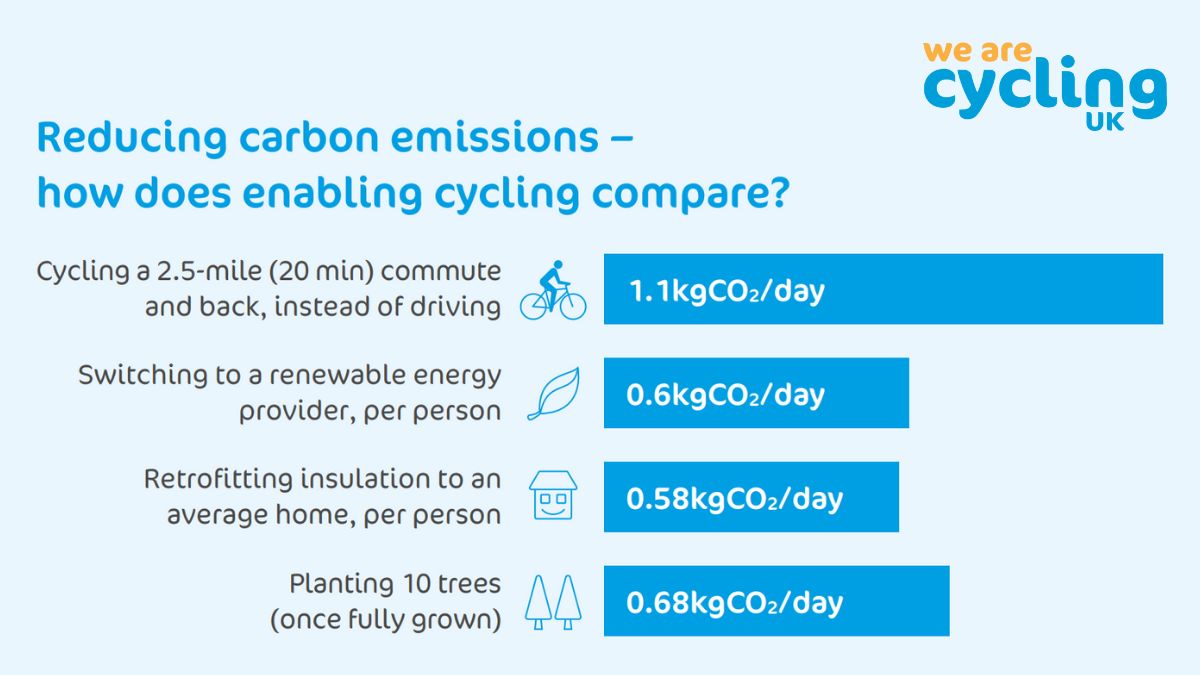@Yodhrin, nice idea but I reckon heat pumps of any variety are a non-starter for C19th tenements. They're just too draughty. The amount of retrofitting of wall and floor insulation, triple glazing, etc. that would need to be done is not only eye-waveringly expensive but also highly disruptive to residents. Also the buildings are just not designed to be hermetically sealed off from outside air - they are supposed to be draughty to feed the original open fireplaces (even if these have subsequently been bricked up). If you seal up the necessary ventilation you'd get all kinds of problems with the fabric of the building, with damp and rot affecting timber joists, brickwork, plaster, etc.
Would be more feasible to mandate heat pumps for new builds and housing built within say the last 50 years or so, where wall cavity insulation is practical and homes are not designed around a through draught for fireplaces. Doesn't resolve the issue of heating and insulating older tenements but other solutions will need to be found I suspect.




 posts
posts
